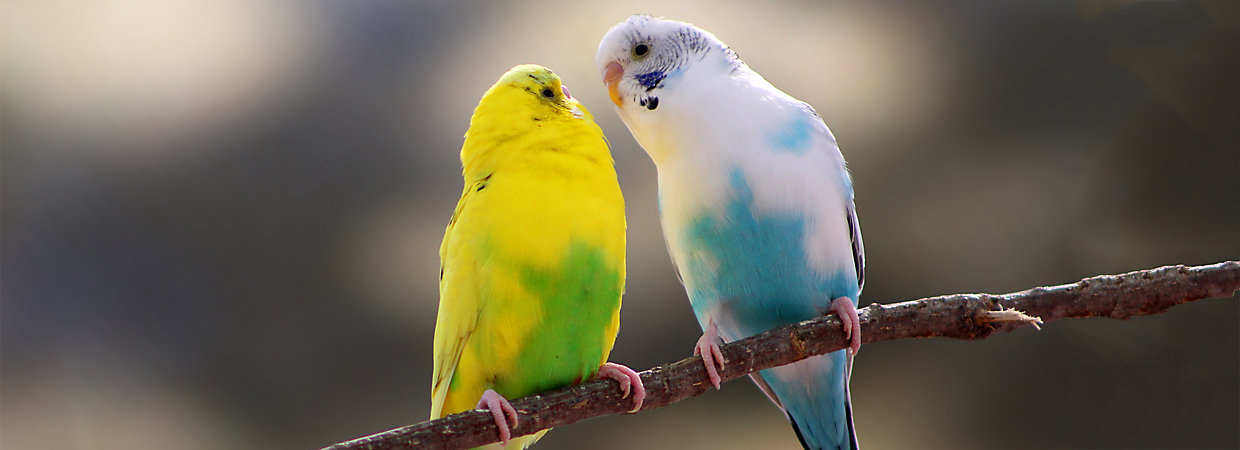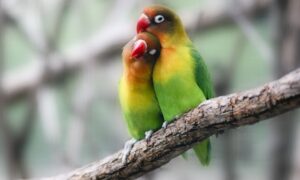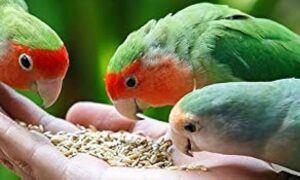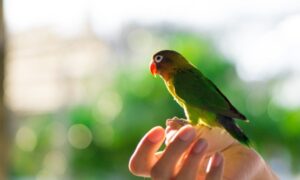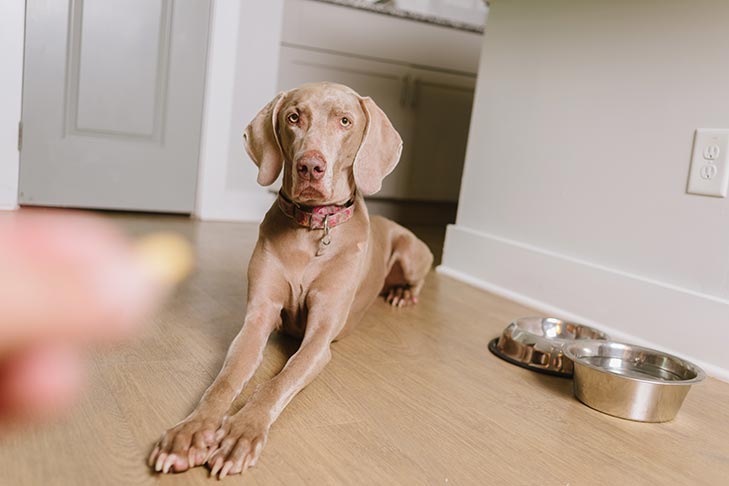Pet Bird Care Guide: Tips for Keeping Your Feathered Friend Happy and Healthy
Are you a new bird owner, or are you considering adding a feathered friend to your family? Owning a pet bird is a big responsibility, but it can also be a rewarding experience. However, caring for a bird requires more than just filling their food dish and changing their water. In this article, we will provide you with a comprehensive guide to pet bird care, including tips and tricks for keeping your feathered friend healthy and happy.
Table of Contents
- Introduction
- Choosing the Right Bird for You
- Housing Your Bird
- Cage Selection
- Cage Placement
- Cage Cleaning
- Feeding Your Bird
- What to Feed Your Bird
- How Much to Feed Your Bird
- Treats for Your Bird
- Providing Your Bird with Water
- Grooming Your Bird
- Wing Clipping
- Nail Trimming
- Bathing
- Exercise and Playtime for Your Bird
- Common Health Issues for Birds
- Signs of Illness
- Preventative Measures
- When to See a Vet
- Conclusion
- FAQs
Introduction
Pet birds are highly intelligent, social creatures that require a lot of attention and care. As a bird owner, it’s your responsibility to ensure that your feathered friend has a safe and comfortable home, a healthy diet, regular grooming, and plenty of socialization and exercise. By following the tips and tricks in this guide, you can provide your bird with everything they need to thrive.
Choosing the Right Bird for You
Before bringing a bird into your home, it’s essential to research different species to determine which one is right for you. Some birds, such as parakeets, are more independent and require less attention than larger birds like macaws or cockatoos. Consider the size of the bird, the amount of noise they make, and their lifespan when making your decision.
Housing Your Bird
Your bird’s cage will be their home, so it’s important to choose one that is safe, comfortable, and appropriate for their size. The cage should be large enough for your bird to move around comfortably, with room for toys, perches, and food and water dishes.
Cage Selection
When choosing a cage, look for one made from sturdy materials that can withstand your bird’s beak and claws. Avoid cages with sharp edges or loose wires that could injure your bird. Opt for a cage with a removable tray for easy cleaning.
Cage Placement
Place the cage in a room where your bird can see and interact with family members, but away from drafts, direct sunlight, and other pets. Birds are sensitive to temperature and light changes, so make sure the cage is in a stable environment.
Cage Cleaning
Clean the cage at least once a week, replacing the paper or liner on the bottom of the tray and washing the food and water dishes. Remove any uneaten food or droppings daily, and disinfect the cage with a bird-safe cleaner every few weeks.

Pet Bird Care Guide: Tips for Keeping Your Feathered Friend Happy and Healthy
Feeding Your Bird
A healthy diet is essential for your bird’s overall health and wellbeing. In the wild, birds eat a variety of foods, including fruits, vegetables, seeds, and insects. As a bird owner, it’s your responsibility to provide a balanced diet that includes all the nutrients your bird needs to thrive.
What to Feed Your Bird
Talk to your veterinarian or a bird specialist to determine the best diet for your bird’s species and age. In general, most birds should be fed a mix of seeds, pellets, and fresh fruits and vegetables. Avoid giving your bird sugary or salty foods.
How Much to Feed Your Bird
Birds should be fed twice a day, with the amount of food depending on the bird’s size and activity level. Monitor your bird’s weight to ensure they are getting enough food without becoming overweight.
Treats for Your Bird
Treats can be a great way to bond with your bird and provide them with extra nutrients. However, treats should only make up a small part of your bird’s diet, as too many can lead to health problems. Offer your bird small amounts of fresh fruit, vegetables, or cooked pasta as a treat.
Providing Your Bird with Water
Clean, fresh water should be available to your bird at all times. Replace the water in your bird’s dish at least once a day and clean the dish regularly to prevent the growth of bacteria.
Grooming Your Bird
Regular grooming is important for your bird’s health and wellbeing. Some birds may require more grooming than others, depending on their species and feather type.
Wing Clipping
If you allow your bird to fly, consider having their wings clipped by a professional. This will prevent your bird from flying away or getting injured while exploring your home.
Nail Trimming
Long nails can make it difficult for your bird to perch and climb, so it’s important to keep them trimmed. Use a bird-specific nail clipper or visit a professional groomer for assistance.
Bathing
Birds love to bathe, and it’s an essential part of their grooming routine. Offer your bird a shallow dish of water to bathe in or mist them with a spray bottle. Be sure to use lukewarm water and avoid getting water in their eyes or nostrils.
Exercise and Playtime for Your Bird
Birds need exercise and mental stimulation to stay healthy and happy. Provide your bird with plenty of toys, perches, and climbing structures to keep them active and engaged. Spend time interacting with your bird every day to provide socialization and mental stimulation.
Common Health Issues for Birds
Birds are susceptible to a variety of health issues, including respiratory infections, feather plucking, and egg binding. It’s important to recognize the signs of illness and take preventative measures to keep your bird healthy.
Signs of Illness
Signs of illness in birds can include changes in appetite, lethargy, diarrhea, or labored breathing. If you notice any of these symptoms, consult with a veterinarian immediately.
Preventative Measures
To keep your bird healthy, provide them with a balanced diet, a clean living environment, and regular exercise and grooming. Avoid exposing your bird to other sick birds and take precautions to prevent the spread of diseases.
When to See a Vet
If you suspect your bird is sick or injured, it’s important to seek veterinary care immediately. Birds are masters at hiding signs of illness, so even small changes in behavior or appearance can be cause for concern.
Conclusion
Caring for a pet bird requires time, effort, and commitment, but it can also be a rewarding experience. By following the tips and tricks in this guide, you can provide your feathered friend with everything they need to thrive. Remember to always prioritize your bird’s health and wellbeing, and consult with a veterinarian if you have any concerns.
FAQs
- How often should I clean my bird’s cage?
- It’s recommended to clean your bird’s cage at least once a week.
- Can I feed my bird table scraps?
- It’s best to stick to a balanced diet of seeds, pellets, and fresh fruits and vegetables. Avoid sugary or salty foods and table scraps.
- Do birds need to bathe?
- Yes, bathing is an essential part of a bird’s grooming routine. Provide your bird with a shallow dish of water or mist them with a spray bottle. 4. How often should I take my bird to the vet?
- Birds should have annual check-ups with a veterinarian to ensure they are healthy and to catch any potential health issues early.
- Is it safe to keep my bird outside in a cage?
- It’s not recommended to keep birds outside in a cage, as they can be exposed to temperature extremes, predators, and other environmental hazards.
Read More:Care For Your Domesticated Birds

